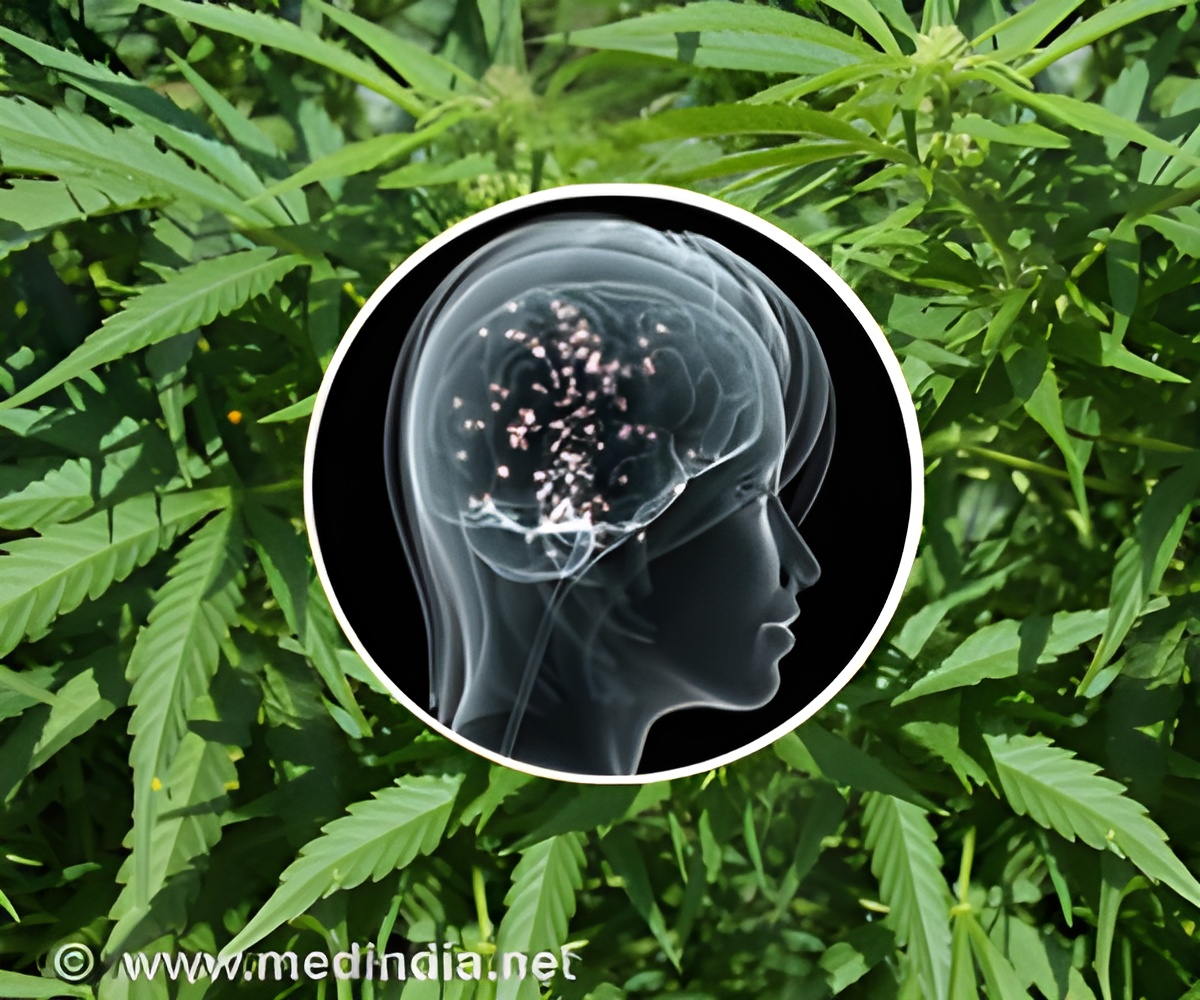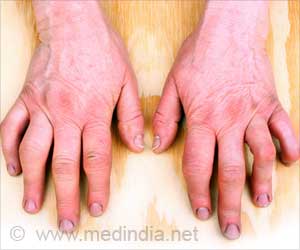Psychiatric patients treated with a substance found in cannabis, cannabidiol, showed a significant reduction in psychotic symptoms.

‘While it is still unclear exactly how CBD works, we know that it acts in a different way to antipsychotic medication, so it could represent a new class of treatment.’





The most common forms of psychosis are part of mental illnesses such as schizophrenia - which affects more than 21 million people worldwide - and bipolar disorder, but psychotic symptoms can also occur in conditions like Parkinson’s disease and alcohol or drug abuse. The main psychoactive ingredient in cannabis is delta-9-tetrahydrocannabinol, or THC. It can induce paranoia and anxiety and hallucinations and has been found in studies to increase the risk psychotic illness in people who regularly use potent forms of cannabis such as skunk.
But its second major constituent, CBD, has the opposite effects to THC - leading scientists to think it might one day be useful as a treatment in mental health.
"The study indicated that CBD may be effective in psychosis: patients treated with CBD showed a significant reduction in symptoms, and their treating psychiatrists rated them as having improved overall," said Philip McGuire, who co-led the trial.
He noted that trial patients also reported few adverse side effects, and added: "Although it is still unclear exactly how CBD works, it acts in a different way to antipsychotic medication, and could represent a new class of treatment."
Advertisement













